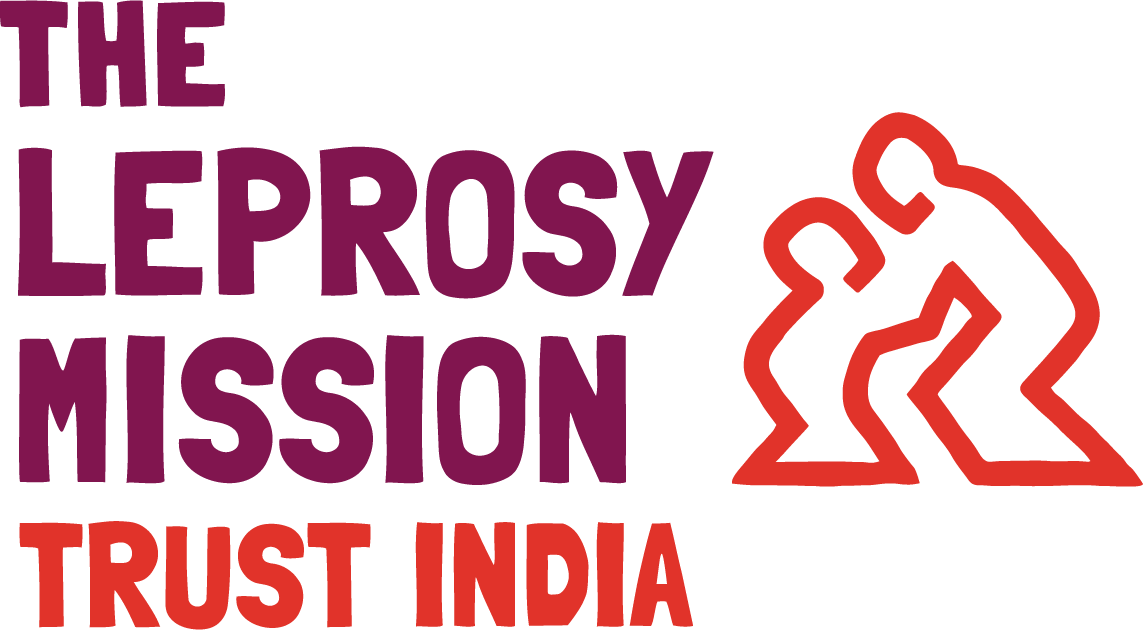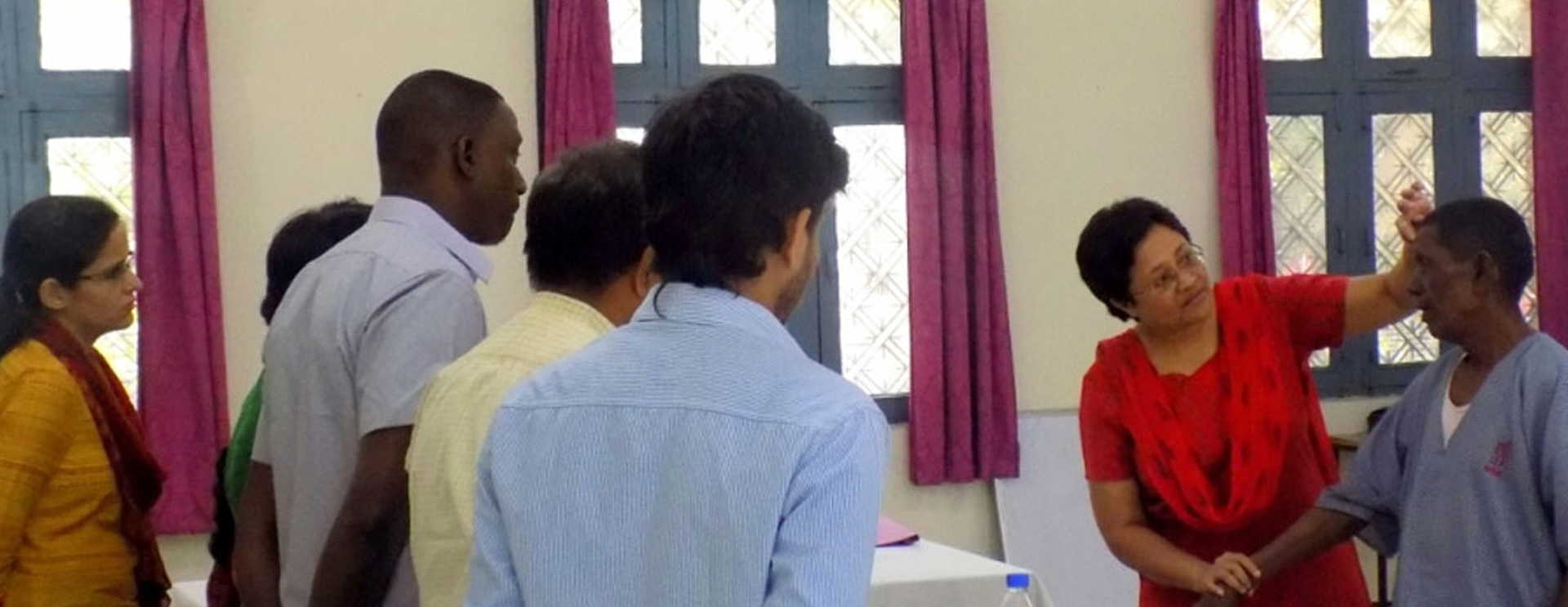Training Programme
Globally, leprosy has been eliminated (number of leprosy case <1 in 10,000) as a public health issue in most countries. Because of this, the disease has become less of a priority with health care providers nationally and internationally. In India, there has been a gradual decline in leprosy expertise after the disease has been declared eliminated as a public health issue in 2005.
But the efforts to eradicate leprosy must be continued till the last case is diagnosed and treated. The steady decline in leprosy expertise, if left unaddressed, could reach critical levels seriously hampering the efforts to eradicate the disease. As leprosy cases become less common, it is essential for health staff to have the knowledge and expertise to diagnose and treat the disease before it is transmitted to others. In India which has the highest global leprosy burden (57.68% of the global leprosy caseload), the lack of leprosy expertise in the health sector is of grave concern. Thousands are experiencing irreversible damage to their skin, nerves, limbs, and eyes, because of the complications of the disease. As a result, because of leprosy-related disability and its physical and social consequences, they slide deeper into poverty.
A new opportunity to build leprosy expertise has presented itself through the recent focus on neglected tropical diseases (NTDs), water sanitation and hygiene (WASH), and disability, by the World Health Organization and the Government of India. The Leprosy Mission Trust India (TLMTI) is well-suited to maximise this opportunity, due to the following reasons:
- Core leprosy focus
- Vast in-depth knowledge and expertise in leprosy and disability
- Presence in 10 states of the country
- Partnership with the Central and state governments
- Partnership with national and international academic and research institutions
Overall Objective of the Programme
TLMTI implements its training programme with the objective of developing and retaining expertise in leprosy and other NTDs, WASH, and disability in healthcare, and development sectors in India and abroad.
The topics covered in TLMTI’s training programme are clinical leprosy (for all levels, from field health workers to medical officers), nursing care, prevention and management of disability, reconstructive surgery, pre- and post-operative physiotherapy, ulcer care, community-based inclusive development, livelihoods, and a number of other tailor-made courses. The resource persons for these workshops are subject experts from within TLMTI and invited experts.
External Training
TLMTI conducts training programmes for health professionals from the government sector, NGOs and international agencies, in leprosy and related topics. It conducts these trainings at its Training Centre in Naini, Uttar Pradesh, and other hospitals. The following UGC-recognised short-term courses are conducted at its Training Centre in Naini:
- Certificate in Nursing Assistant (CNA)
- Certificate course in leprosy, for medical doctors
- Certificate course in leprosy, for physiotherapists
- In-service training in surgical care, for physiotherapists and occupational therapists
- In-service training, for shoe technicians
During the last five years (2015 to 2019) TLMTI has trained over 400 government health officials, 2,000 members of various NGOs and 120 persons from various international organisations.
Internal Training
TLMTI conducts training programmes for its staff in leprosy and related topics, such as NTDs and WASH, advocacy, community-based rehabilitation and human rights. These are conducted for medical doctors, nurses, physiotherapists, counsellors, and key staff members. The duration of the training workshops is 3 to 5 days.
During the last five years (2015 to 2019), TLMTI trained over 260 staff through various training workshops. Because of these training programmes, TLMTI could equip its staff to provide better patient care.


